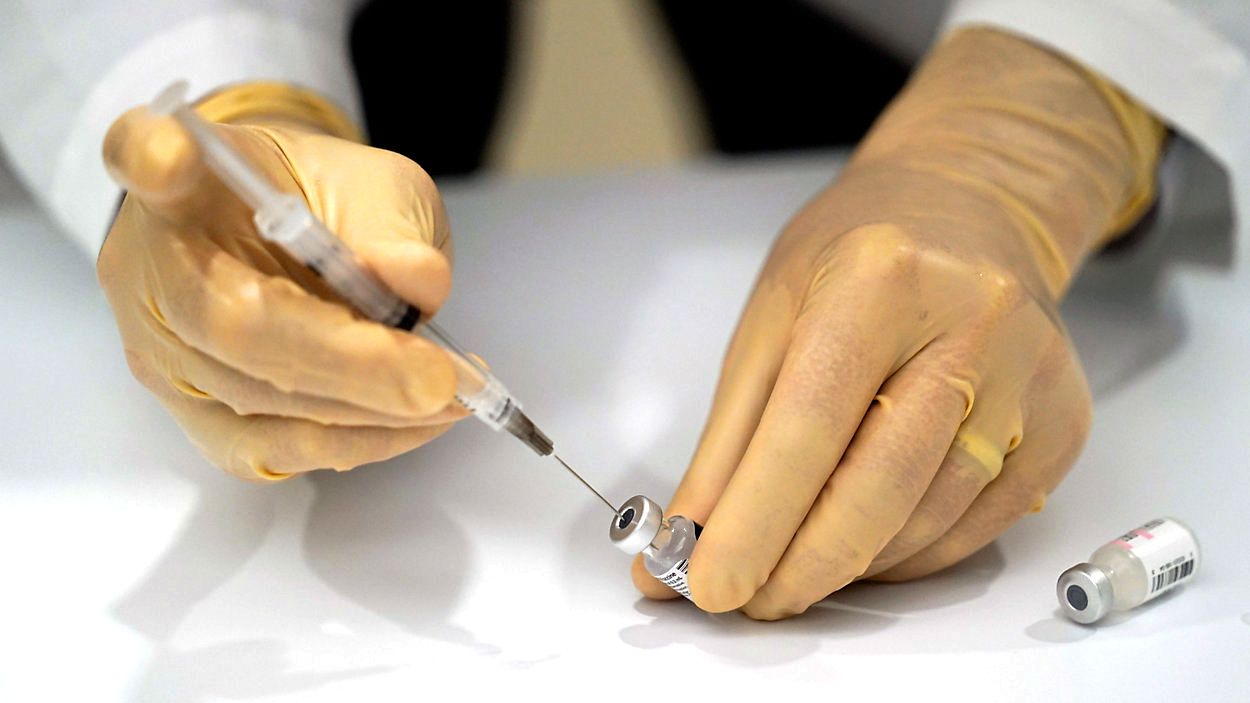LEXINGTON, Ky. – Now that the Pfizer COVID-19 vaccine is being administered and another developed by Moderna will likely roll out later this month, states have the task of not only prioritizing who gets the shots but also keeping track of those that have received the vaccine.
What You Need To Know
- Kentucky developing dashboard to track vaccines
- Data will be used to ensure at-risk population receives shots first
- CDC working on national registry
- States' information will tie into national database
Hospitals, health departments, and eventually Walgreens and CVS when the vaccine is offered to the general public, will enter vaccine recipients’ names into a database. Those databases can be a local or state system but will ultimately be part of a national registry created by the Centers for Disease Control and Prevention (CDC) where the names of everyone vaccinated will be recorded. Some public health agencies, such as the Lexington-Fayette County Health Department, will use the state or national registry from the beginning.
Gov. Andy Beshear said during his Monday briefing the Commonwealth of Kentucky is developing an online dashboard where vaccine information will be reported, preferably daily, and fed into the national database. Beshear said the tracking dashboard will also allow the state to look at demographic data to ensure the vaccine is reaching the underserved and at-risk populations that need it most.
“We're working on it,” Beshear said about the state database. “We don't have it up and running yet, and the vaccine got here a little bit faster. This goes into a federal database, but the department for public health was already working to create a dashboard. Certainly, we want to have demographic data if we can, by the time that it gets out of the initial populations that we're looking to help. The demographic data for long-term care, obviously, and whether or not we're reaching underserved populations. To do that we're going to need some of that data so we can make sure we are able to relay concerns that may exist in various communities. We're going to be working really hard on that and we're going to be transparent on it. Again, I saw a draft of a dashboard yesterday, but it's going to be a work in progress.”
The CDC national COVID-19 registry will have mechanisms to pass along pertinent data to a patient’s doctor and health plan. Clinicians and plans would be better able to follow up on their patients, monitor for unusual adverse events, and reach out to those not vaccinated.
A concern was mentioned during a recent webinar about people that may try to get two vaccinations, which is four shots – two vaccines and two boosters – because they feel it’s more beneficial or because they are of above-average size and are afraid one dose will not be effective.
Patricia Stinchfield, president of the National Foundation for Infectious Diseases in St. Paul, Minnesota, addressed that concern and said that type of scenario is why vaccine tracking is needed and being implemented.
“One thing to know is there is going to be a lot of tracking of this,” Stinchfield said. “We are putting all of our information into a computer that flows to our state registry, so you'll be able to look people up and track them. It would not be easy to get four vaccines.”
Stinchfield added that in the event someone does get two doses, there should be no associated health concerns. There are also plans to distribute cards to those that get the vaccine as well as a smartphone app people can download and use to verify they have been vaccinated.
